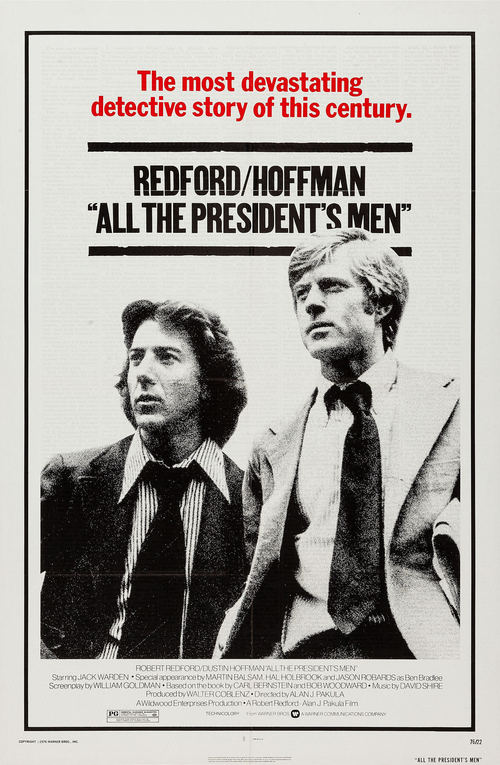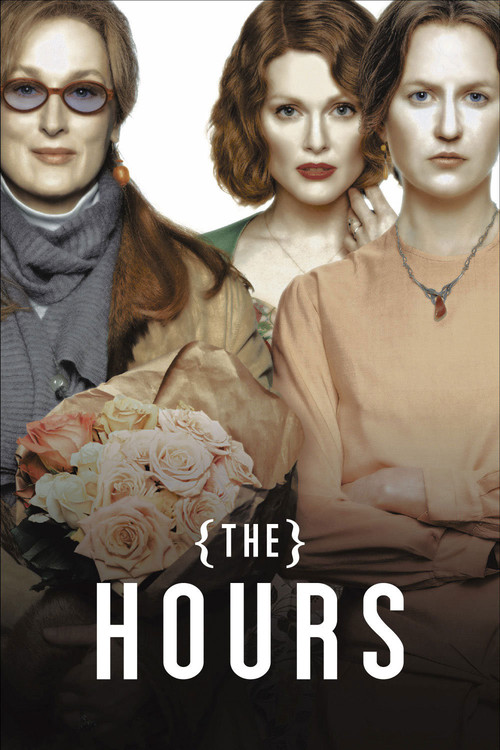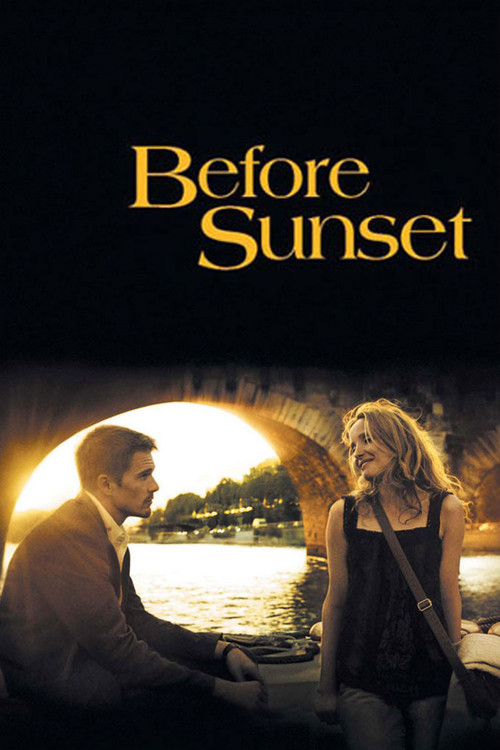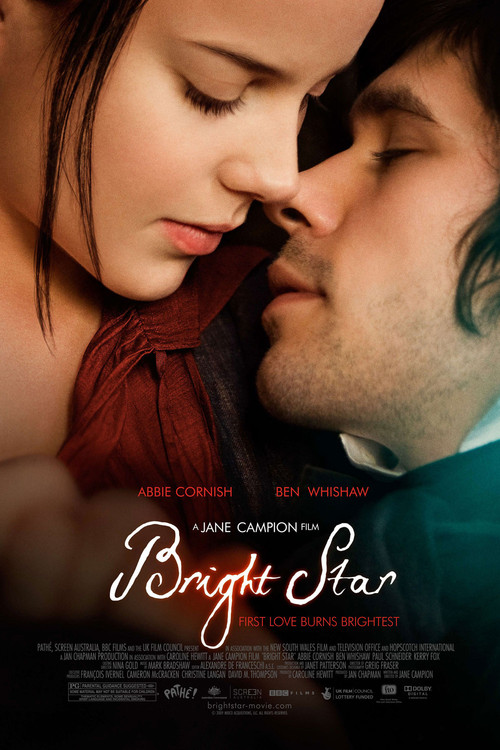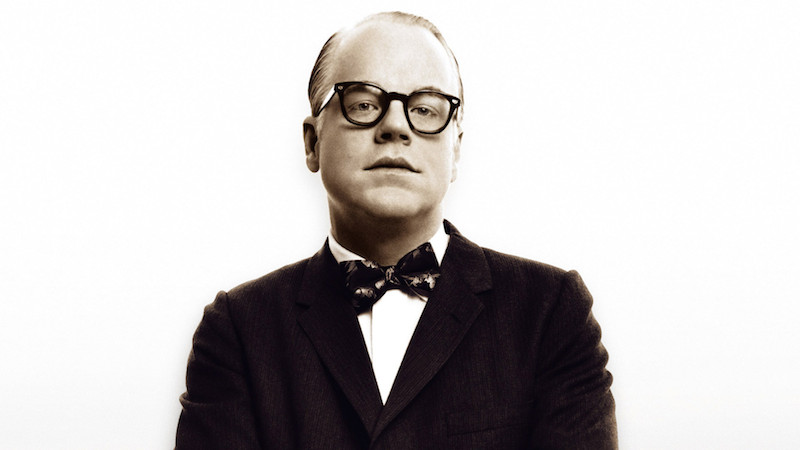
The challenging, colorful lives of writers often make for solid drama on-screen. While the act of writing is hardly gripping, what it goes into it- the process of delving deeply and fearlessly into the mess and grit of life- can be.
As characters, writers are a tortured lot, and why not? To excel at what they do is well beyond the ken of most mortals, and can be a soul-wrenching experience, equal parts agony and inspiration. Some writers go just a little mad, because it is, ultimately, a very lonely calling.
In the interest of showing rather than telling, here are a few of my favorite writers in the celluloid realm.
The Petrified Forest (1936)
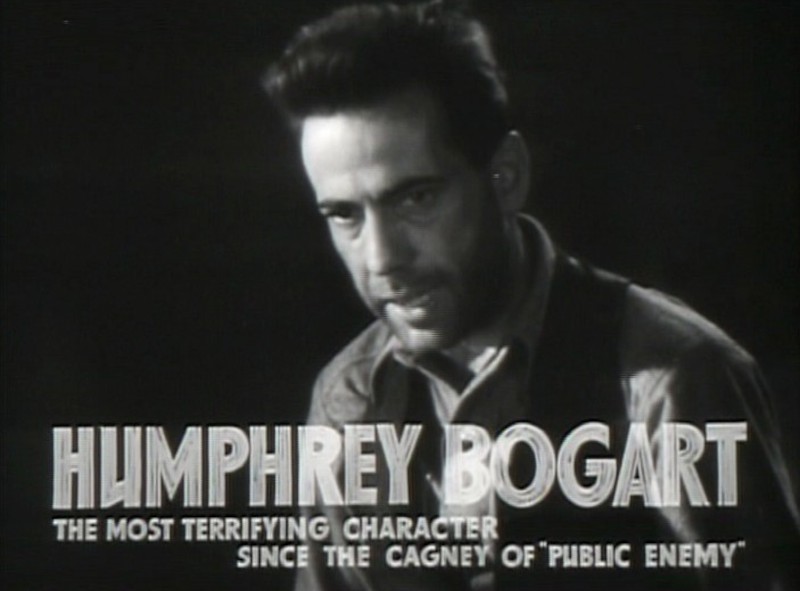
Writer: Alan Squier (Leslie Howard).
Writerly Action: A failed writer and a waitress are drawn to each other in a remote Arizona diner, when a gangster (Humphrey Bogart) barges in and takes hostages. Using his gift for words, the restless, romantic Squier offers the stifled Gabrielle (Bette Davis) a tantalizing glimpse of the larger world. They fall in love, even as their lives hang in the balance.
The Lost Weekend (1945)
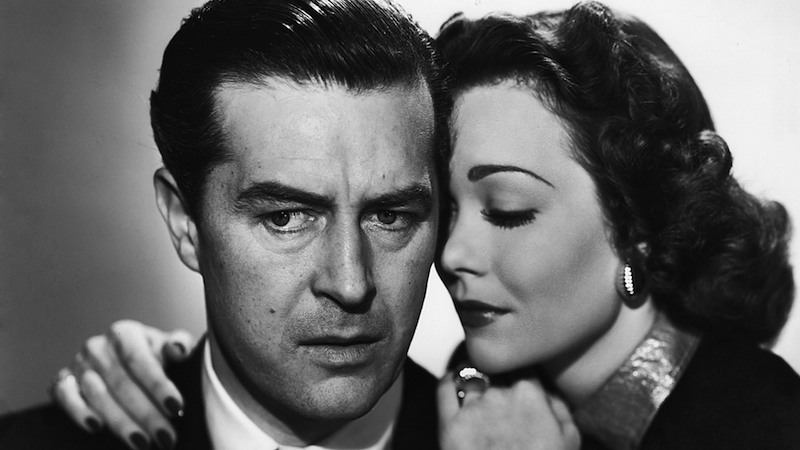
Writer: Don Birnam (Ray Milland).
Writerly Action: Alcoholic novelist Birnam spends a weekend alone in New York drinking, searching for booze, and raving. The actual writing comes later, which is often how it goes with real writers. We’re not betting Don will win the Pulitzer, though. It’s good enough that the fellow who played him snagged an Oscar.
Sunset Boulevard (1950)
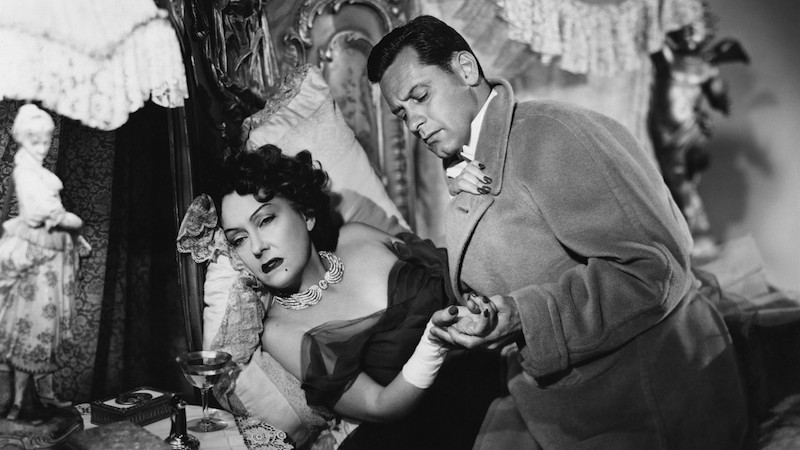
Writer: Joe Gillis (William Holden).
Writerly Action: Down on his luck and strapped for cash, Gillis accepts a doomed-to-fail writing assignment in the form of a script for faded star Norma Desmond (Gloria Swanson). Writers write, even when what they’re writing means nothing to them. Like the rest of us, they need to eat. And drink.
In a Lonely Place (1950)
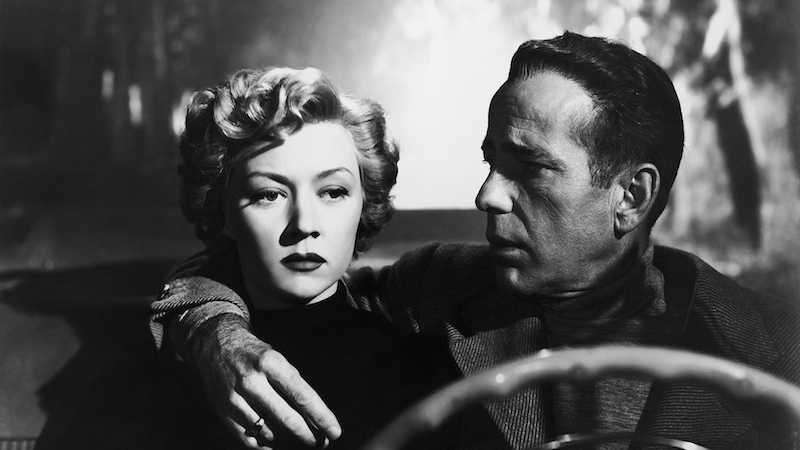
Writer: Dixon Steele (Humphrey Bogart).
Writerly Action: The cynical Steele adeptly blurs the line between fact and fiction when a young girl is found murdered and he’s the last person to have seen her alive. Even more writerly is Steele’s ability to use his way with words to woo neighbor Laurel Gray (Gloria Grahame), the one person who believes in him. Or does she?
The Front (1976)
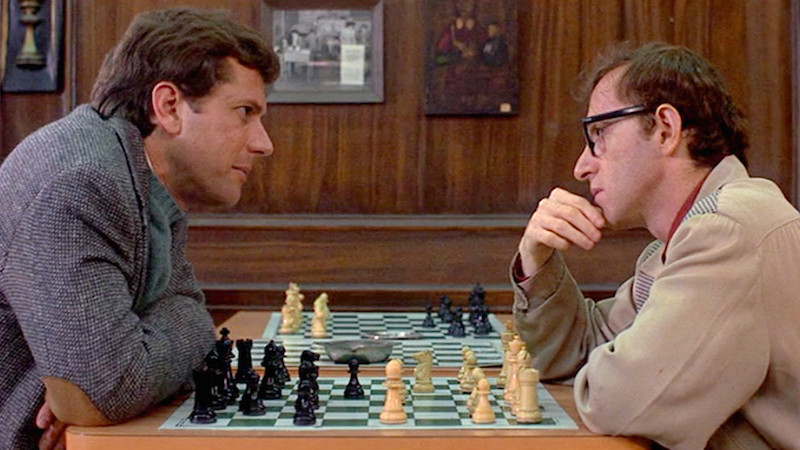
Writer: Howard Prince (Woody Allen).
Writerly Action: Well, not much really. Prince is actually a cashier who “fronts” for a group of blacklisted television writers during the McCarthy era- that is, he sells their work as his own. Howard at first enjoys the exposure and the money, but over time, the injustice behind it all gets to him, and he finally acts on his conscience.
Julia (1977)
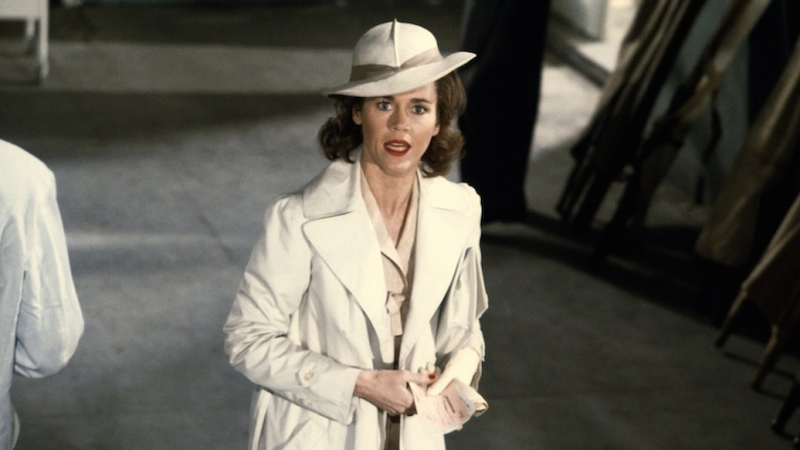
Writers: Lillian Hellman (Jane Fonda) and Dashiell Hammett (Jason Robards).
Writerly Action: While playwright Hellman struggles with her work, and lover Hammett drinks, Hellman’s childhood friend Julia (Vanessa Redgrave) risks her life in the Resistance movement against the Nazis. Hellman’s role was to document her own relationship with Julia- past and present- leaving out the boring bits. She succeeded.
Mishima: A Life in Four Chapters (1985)
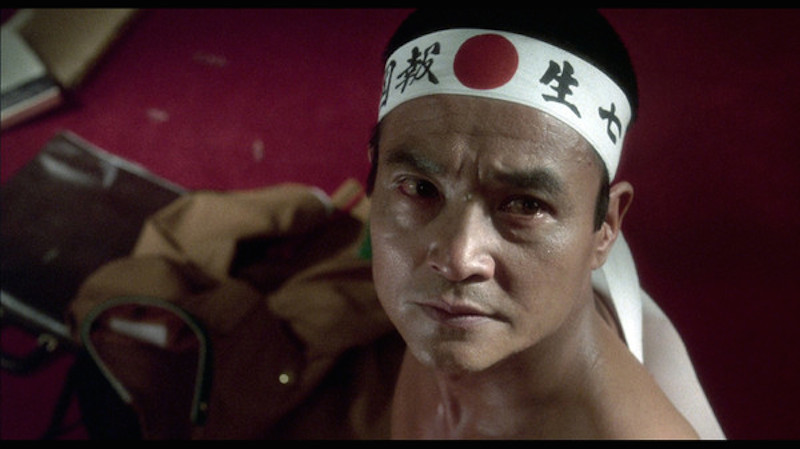
Writer: Yukio Mishima (Ken Ogata).
Writerly Action: After finishing a manuscript, Japan’s greatest post-war writer will assemble a group of young men from his private army and proceed on a mission to take a Japanese general hostage, as a protest against corrupt Western-style democracy. Though Mishima’s insane, he certainly has his message straight, and he goes out with a bang.
Croupier (1998)
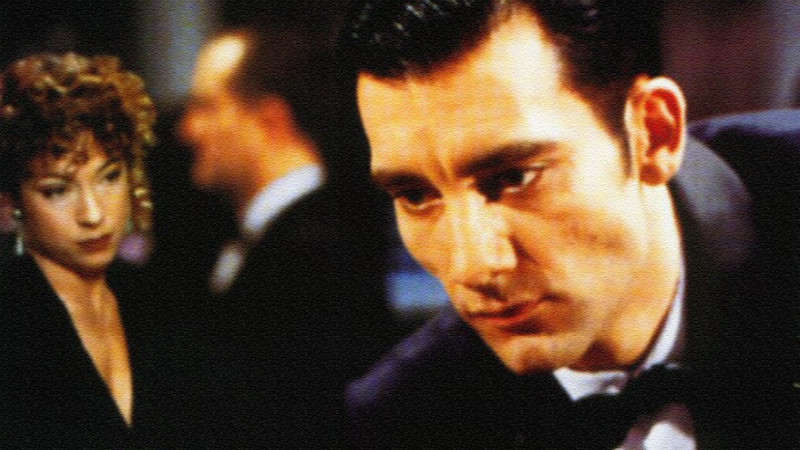
Writer: Jack Manfred (Clive Owen).
Writerly Action: To make ends meet, aspiring writer Jack takes a job as a croupier in a London casino. Becoming a character in his own story, Jack grows increasingly obsessed with the gambling life, ultimately penning a thinly veiled account of who—and what—he has become. He’s following that old saying: “Write what you know.”
Bukowski: Born into This (2002)
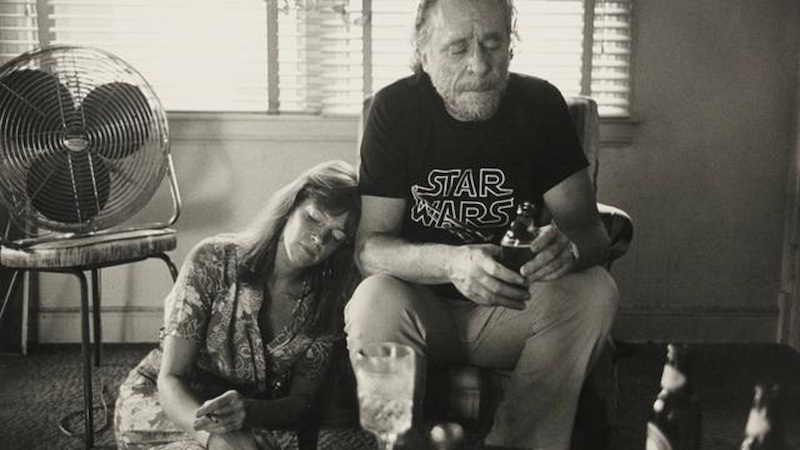
Writer: Charles Bukowski.
Writerly Action: Drunk most of the time, even at his own readings, angry poet Bukowski, who chronicled the underbelly of post-war Los Angeles, also managed to write prodigiously, autobiographically, and inspiringly, creating a style that struck a chord with readers all over the world. He was no angel, but there was a keen perception and vulnerability that shone through.
Capote (2005)
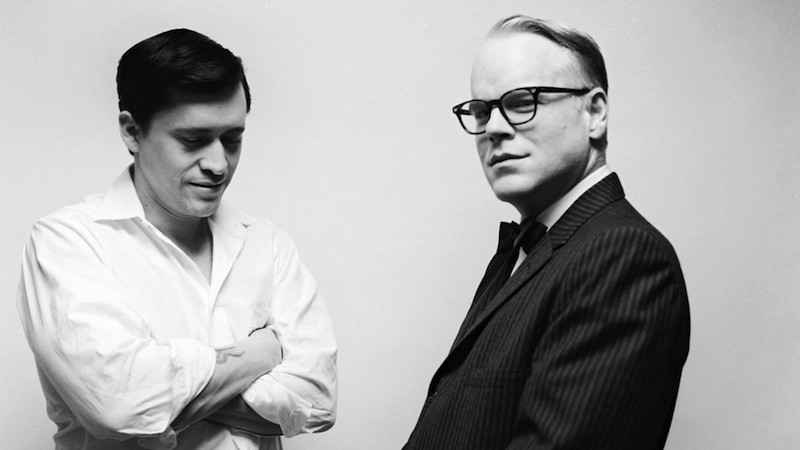
Writer: Truman Capote (Philip Seymour Hoffman).
Writerly Action: Impossibly clever and a social animal who thrived on gossip among the idle rich, Capote also had a more serious side. He managed to forge a new American art form with his true-life crime tale that reads like a novel, “In Cold Blood.” And let’s not forget: he also wrote the novella, “Breakfast At Tiffany’s.”
More: Punch the Clock — 6 Movies that Offer Rock-Solid Career Advice
